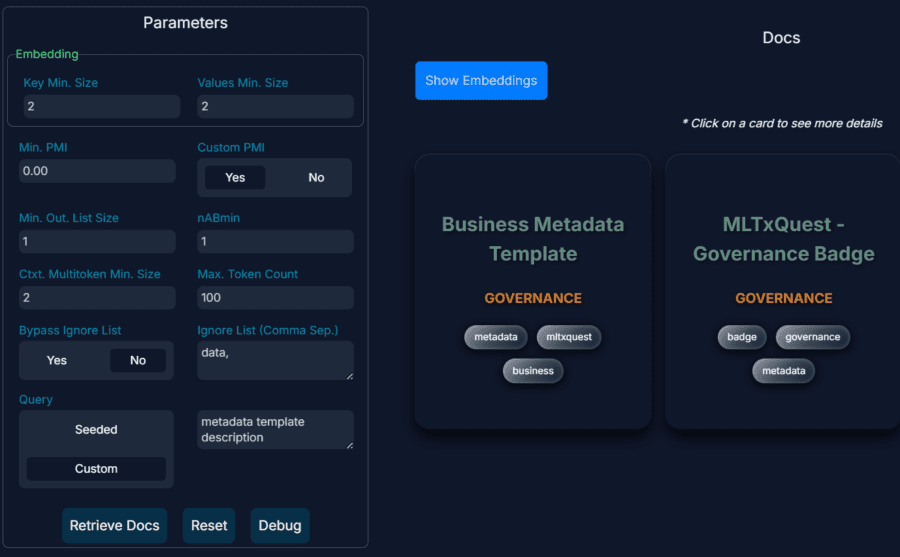
Insights from LLM 2.0, RAG & Non-Standard Gen AI on GitHub
It is evident that we are in the midst of a technological revolution, where advances in artificial intelligence, particularly in large language models (LLM), Retrieval-Augmented Generation (RAG) technology, and non-standard generative artificial intelligence on platforms like GitHub, are playing a pivotal role. Here, we scrutinize the key points in the latest advancements and forecast the potential future developments and their long-term implications.
Large Language Models 2.0
The progression of Large Language Models like OpenAI’s GPT-2 and GPT-3 has revolutionized how we perceive artificial intelligence’s capabilities. These models are capable of generating human-like text, answering complex questions, writing essays, and even poetry. But, the next iteration, dubbed LLM 2.0, promises to push the boundaries even further.
Long-term Implications and Future Developments
The advanced abilities of LLM 2.0 can entail significant changes in sectors like education, customer service, and other industries requiring substantial content generation. It can also pave the way to hyper-personalized interaction in industries such as marketing and retail. However, it also raises unique ethical and privacy concerns that society might have to address.
Retrieval-Augmented Generation (RAG)
RAG is another breakthrough in AI technology. It combines retrieval-based models and seq2seq models to generate highly sophisticated and more precise responses in conversational AI applications. It offers a more nuanced, context-aware response than current language models.
Long-term Implications and Future Developments
The refinement of RAG technology can result in more intuitive and better-performing conversational AI systems. This could be instrumental in healthcare for diagnosing patients, financial advisory services, and more. However, RAG technology’s precision and power could also present challenges in terms of privacy, misuse, and over-reliance on AI technology.
Future of AI with Non-Standard Generative Models on GitHub
Open sourcing Non-Standard Generative AI models on platforms like GitHub instigates an era of collective intelligence where academia, industry, and hobbyists can contribute to the continuous improvement and development of these technologies.
Long-term Implications and Future Developments
The synergy between open-source communities and AI will likely lead to the rapid evolution of these technologies. As AI development becomes more democratized, there could be a remarkable surge in innovative applications. Nevertheless, this also raises concerns about governance, oversight, and ensuring the ethical use of these highly powerful tools.
Actionable Advice
- Stay Updated: Regularly check updates on these technologies to harness their potential.
- Privacy Matters: Encourage best practices for data privacy and ethical standards while implementing these AI technologies.
- Continuous Learning: Engage in continuous learning as these technologies evolve.
- Collaborate: Participate in open-source projects to contribute to advancements and stay on the cutting edge.
- Balance: While integrating AI into businesses, maintain a balanced approach between automation and human touch.
- Stay Prepared: Plan for challenges associated with these advancements, including dealing with over-reliance on technology and potential misuse.
In conclusion, the advancements in AI, particularly LLM 2.0, RAG, and open-sourced non-standard generative AI models, offer exciting prospects for the future. Nevertheless, these developments also pose new challenges that society and industries must address proactively.
